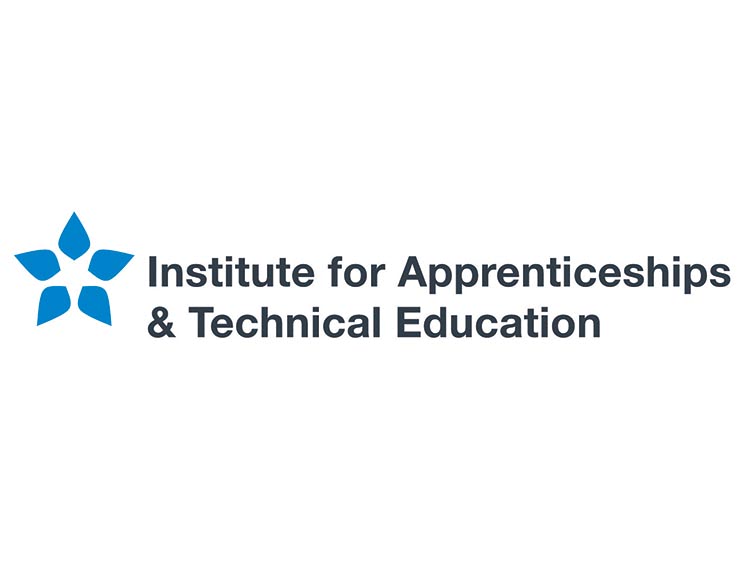Students

What are T Levels?
T Levels are a 2-year qualification that will give you a head start towards the career you want.
T Levels have been designed in partnership with businesses and employers to give you the skills and knowledge to succeed in the workplace.
T Levels are ideal if you have finished your GCSEs and want the knowledge and experience to get straight into employment, an apprenticeship or higher education (a T Level Distinction* is worth the same as 3 A levels at A*).
You’ll spend 80% of your time in the classroom and 20% on a 45-day placement with an employer to give you the skills and knowledge companies look for.
What will I do in a T Level?
T Level qualifications contain the following compulsory elements:
- a technical qualification, which will include
- core theory, concepts, and skills for an industry area. The core work focuses on giving you the essential knowledge, understanding and skills relevant to your chosen area. Dependent on which T Level you chose to do this will be assessed by a written exam(s) and an employer set project
- specialist skills and knowledge for an occupation or career. You will need to complete at least one module of occupation-specific content so you can develop the knowledge and skills needed to work in specific occupations. Dependent on which T Level you chose to do this will be assessed by a written exam and/or a project
- an industry placement with an employer lasting at least 45 days. This can be offered as a block, series of blocks, day release or a mix of these; this will be arranged between you and the employer
How is a T Level different from an apprenticeship?
We want T Levels to be the new ‘gold standard’ in technical education and the technical course of choice for students in the future.
T Levels and apprenticeships are based on the same employer designed standards but will suit different learning styles.
T Levels will offer a broader course content, and students will specialise later in their programme. The content of apprenticeships is narrower and focused on a specific occupation from the outset.
More Information
For more information on T Levels, including which colleges are offering T Levels, please visit GOV.UK.
You can also view our occupational maps which provide a useful guide to show career progression.











Responses